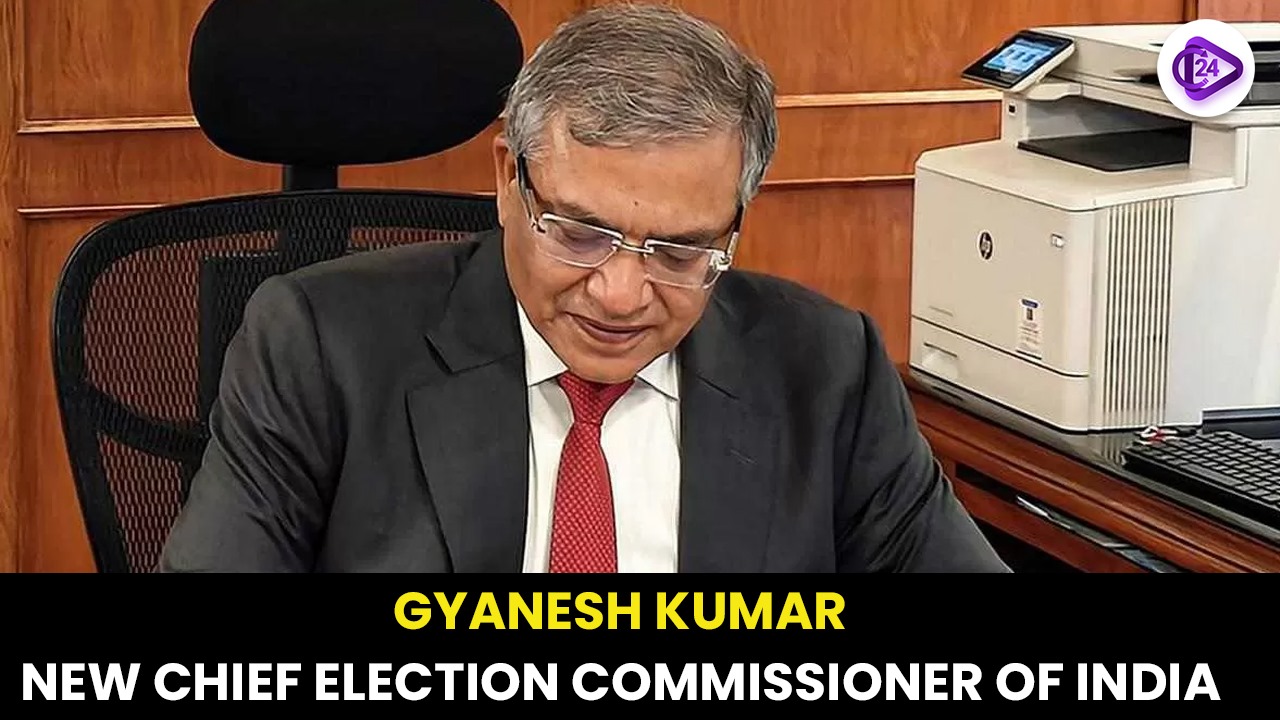
According to Article 324 of the Indian Constitution the system for appointing Election Commissioners exists. This article vests the power of superintendence, direction, and control of elections in the Election Commission of India (ECI). The functions of conducting elections throughout India fall under the authority of the Chief Election Commissioner together with the Election Commissioners. The executive branch traditionally guided the selection of Election Commissioners yet recent changes brought forth greater openness together with wider inclusion in the Commissioner appointment process.
Recent Appointments Under the New Law
-
The present appointments in the Election Commission followed the implementation of the Chief Election Commissioner and Other Election Commissioners Act, 2023 in December 2023. Under this provision:
-
Gyanesh Kumar accepted the role of Chief Election Commissioner (CEC) while succeeding Rajiv Kumar. Gyanesh Kumar holds the position of 1988-batch IAS officer from the Kerala cadre and leads the two other panel members in seniority.
-
Vivek Joshi has received election commissioner position. The Indian government appointed him as bothRegistrar General of India and Census Commissioner in prior positions.
-
The Uttar Pradesh-based civil servant Sukhbir Singh Sandhu continues serving as one of the Election Commissioners.
-
The two commissioners joined the electoral body because Arun Goel resigned while Anup Chandra Pandey retired.
Selection Committee
-
A selection committee consisting of three members selected the candidates.
-
Prime Minister Narendra Modi
-
Leader of the Opposition in Lok Sabha, Rahul Gandhi
-
Union Home Minister Amit Shah took the appointment through nomination from Prime Minister Narendra Modi.
-
Appointment Process
The current procedure for appointing both Chief Election Commissioner and Election Commissioners emerges from The Chief Election Commissioner and Other Election Commissioners (Appointment, Conditions of Service and Term of Office) Bill, 2023. According to this bill:
-
The President of India selects CEC and ECs that the Selection Committee suggests.
-
The Selection Committee consists of these members to fulfill its composition requirements:
-
The Prime Minister (Chairperson)
-
The Prime Minister chooses an individual to serve on the Selection Committee as Union Cabinet Minister.
-
The Leader of the Opposition or the leader of the largest opposition party in the Lok Sabha
The Search Committee under Law Minister leadership presents candidate selection to the Selection Committee. The system provides a method of choosing candidates with strict and detailed protocols.
Qualifications for Appointment
There are no specific educational requirements or professional qualifications mentioned by the Indian Constitution during Election Commissioner appointments. By standard practice the government appoints its senior most bureaucracy members who hold the position of Cabinet Secretary or equivalent rank. The procedure guarantees that highly experienced administrative officials who understand electoral procedures well occupy these critical positions.
Eligibility and Salary
-
Before accepting their positions at CEC or as an EC persons need to maintain active employment at or have previous experience at Secretary to the Government of India level.
-
A new revision process has updated both salary and conditions of service for the CEC and members of the ECs.
-
The members of the Election Commission received their payment based on the level of Supreme Court justice before this change took effect.
-
The revised system has established their compensation level at the same rate as the Cabinet Secretary.
Roles and Functions
The Election Commission of India maintains an essential position throughout electoral democracy for its proper execution. The Election Commission performs four critical duties which consist of:
-
Supervision, Direction, and Control:
-
The Commission executes elections for the President as well as Vice-President and members of Parliament combined with State Legislative branches and both national government officers.
-
-
Regulation of Electoral Process:
-
General regulations for elections are established by this body.
-
The Commission establishes electoral districts while creating voting records.
-
-
Recognition of Political Parties:
-
Grants recognition to political parties.
-
The authority provides election symbols to recognized political parties in addition to candidates.
-
-
Conduct of Elections:
-
The commission takes responsibility for selecting both the times and dates of public elections.
-
Polling officers receive their appointments through the electoral authority for multiple electoral districts.
-
-
Ensuring Free and Fair Elections:
-
The institution implements the Model Code of Conduct as stipulated by law.
-
Elections prevent illegal practices through measures against rigging as well as booth capturing and voter intimidation.
-
Contributions of Rajiv Kumar as CEC
Rajiv Kumar took his position as an Election Commissioner at ECI on September 1, 2020 before becoming the 25th Indian Chief Election Commissioner on May 15, 2022. Rajiv Kumar led a 4.5-year era in which he brought substantial changes to the voting system alongside complete electoral processes.
-
Elections in 31 States/UTs
-
Presidential and Vice-Presidential elections of 2022
-
Lok Sabha Elections 2024
-
Rajya Sabha renewals
Under his leadership the elections remained peaceful and he achieved minimal repolls and events of violence making it an exceptional accomplishment in electoral management.
Conclusion
Free and fair elections in India are safeguarded by the Election Commission of India. Historically the executive selected its members for appointment yet present-day legislation works toward elevating appointment transparency and inclusion standards. The normative role of the Election Commission for maintaining transparent elections will remain essential for Indian democratic governance to uphold constitutional principles in its future democratic development.



 Kaziranga Director Sonali Ghosh Becomes First Indian to Win IUCN Innovation Award
Kaziranga Director Sonali Ghosh Becomes First Indian to Win IUCN Innovation Award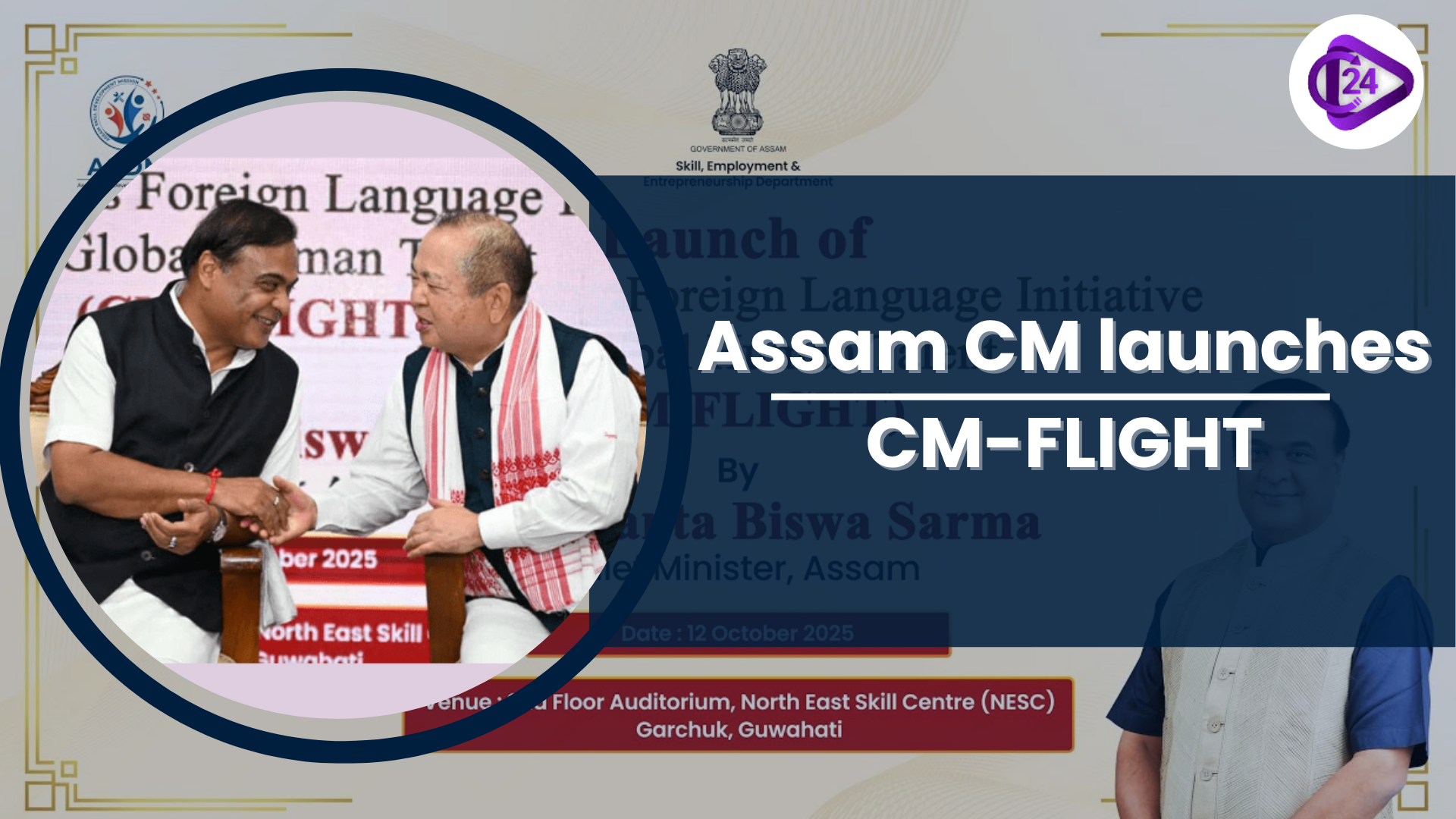 Assam Government Introduces CM-FLIGHT Scheme for Improved Global Career
Assam Government Introduces CM-FLIGHT Scheme for Improved Global Career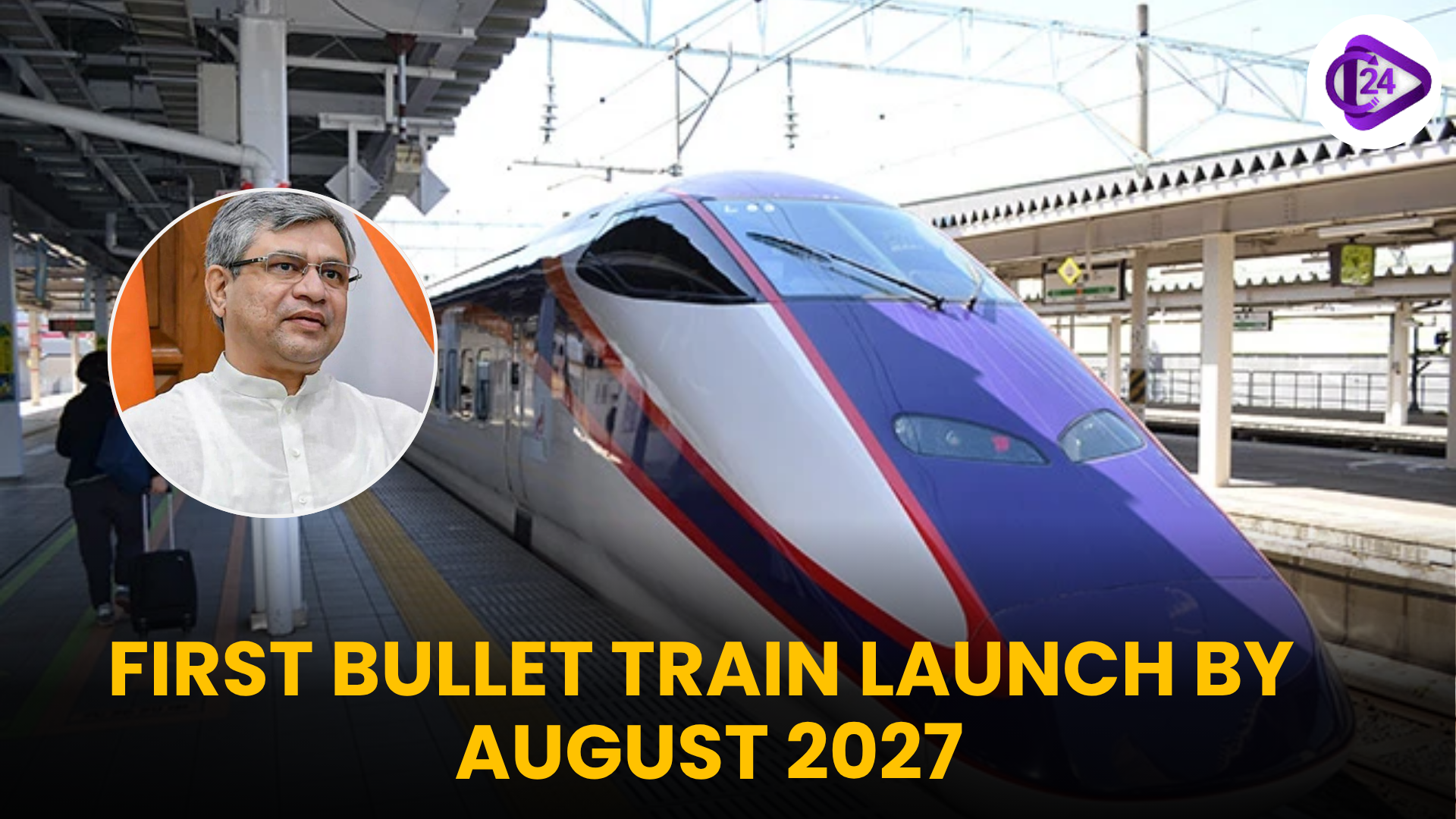 India’s First Bullet Train to Launch by August 2027, Mumbai–Ahmedabad
India’s First Bullet Train to Launch by August 2027, Mumbai–Ahmedabad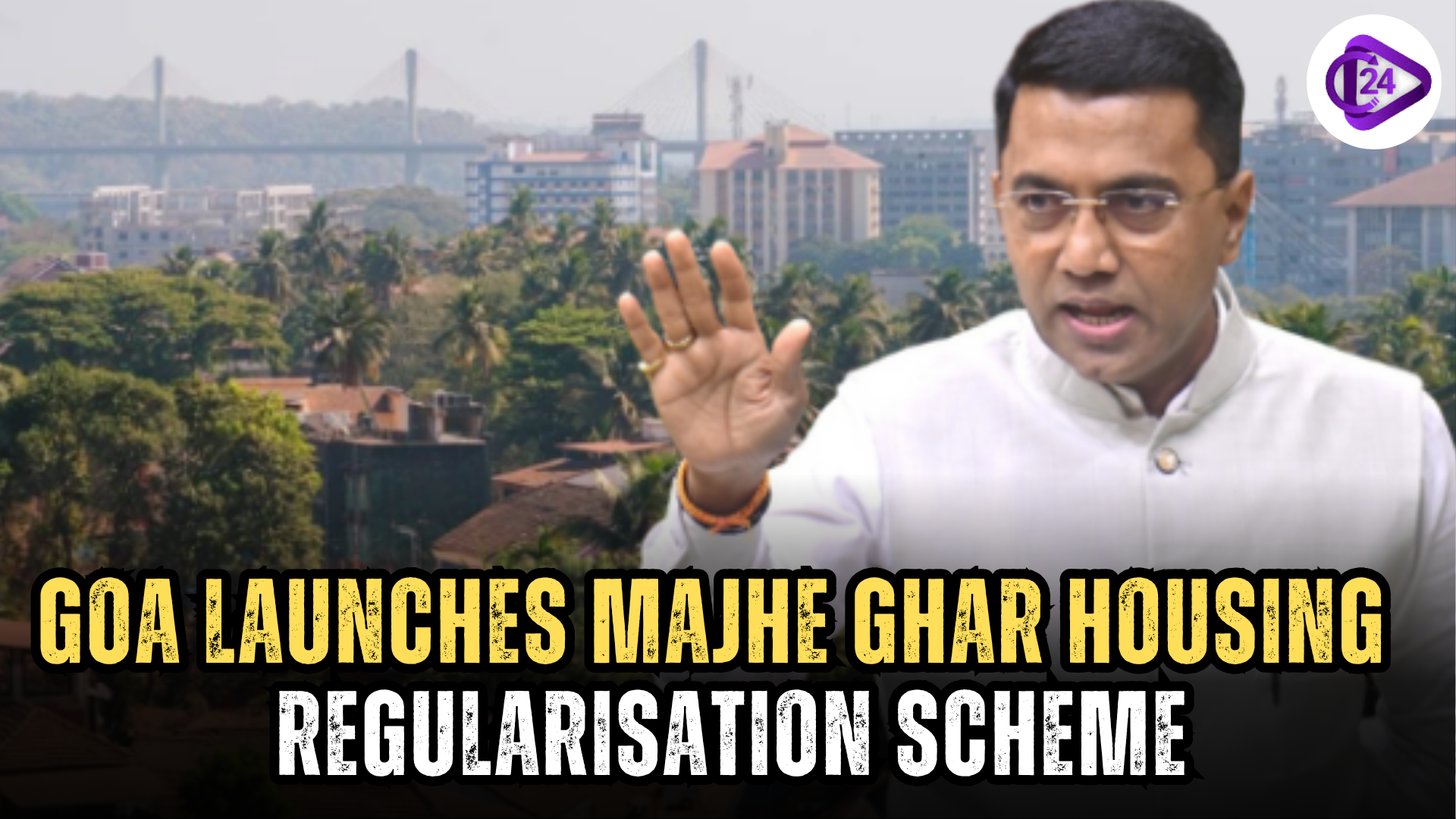 Goa Launches Majhe Ghar Housing Regularisation Scheme
Goa Launches Majhe Ghar Housing Regularisation Scheme IUCN Recognizes India’s First Dugong Conservation Reserve in Tamil Nadu
IUCN Recognizes India’s First Dugong Conservation Reserve in Tamil Nadu Cyclone Shakti Brings Heavy Rain Forecast for Mumbai and Konkan Region
Cyclone Shakti Brings Heavy Rain Forecast for Mumbai and Konkan Region Underwater Road Tunnel in Assam
Underwater Road Tunnel in Assam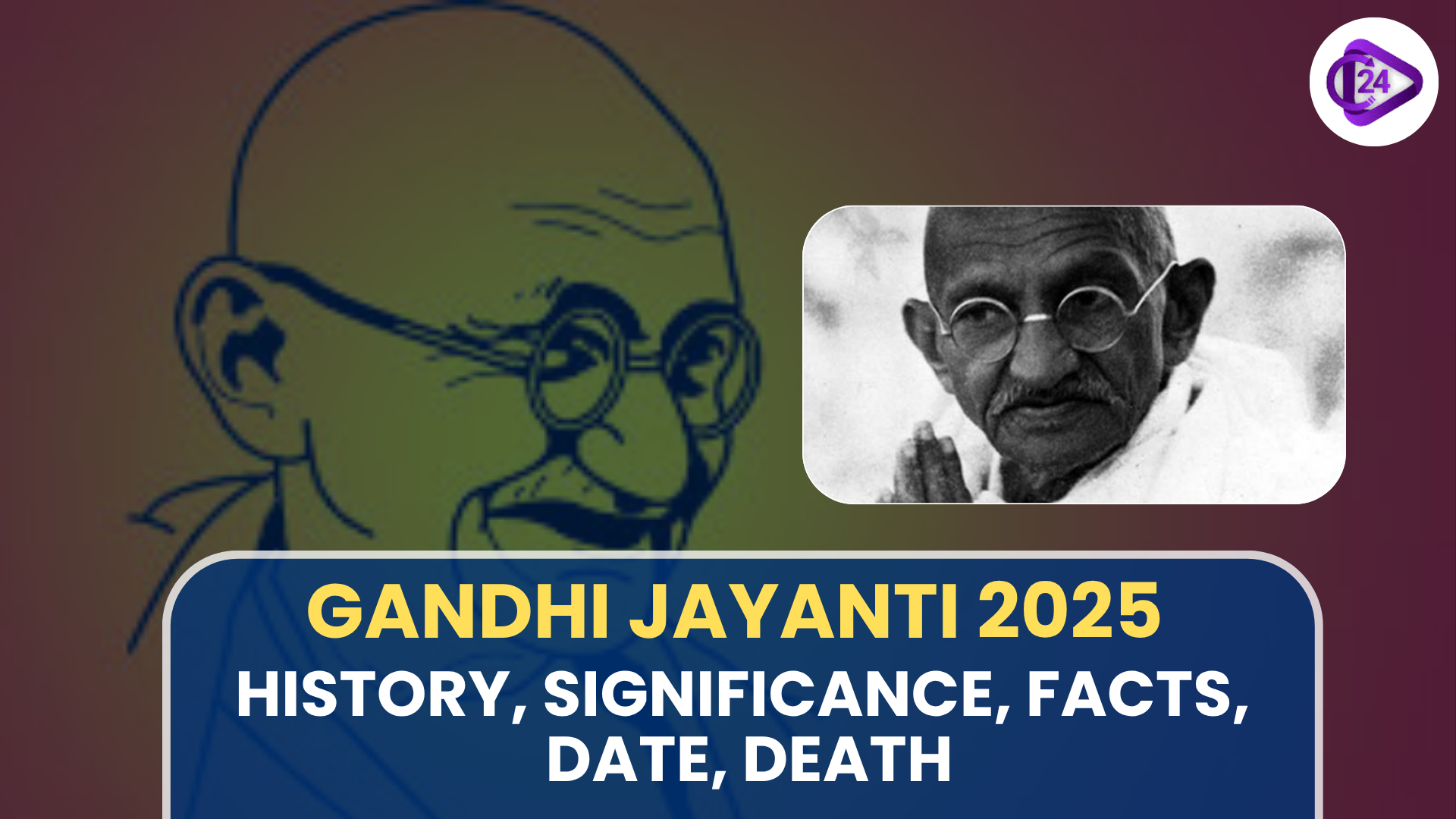 156th Gandhi Jayanti 2025, History, Significance, Facts, Date, Death
156th Gandhi Jayanti 2025, History, Significance, Facts, Date, Death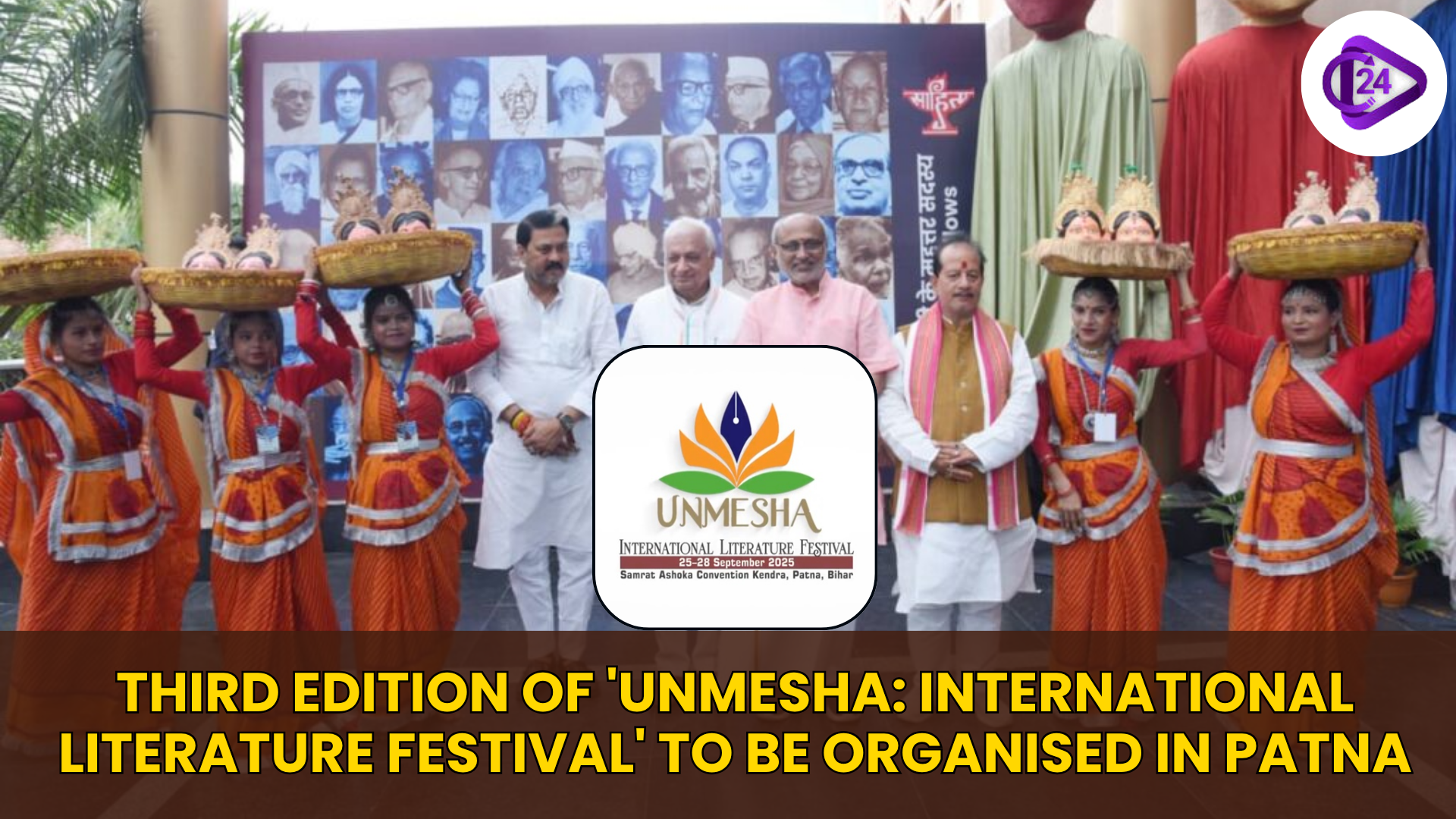 Third Edition of 'Unmesha: International Literature Festival' to be organised in Patna
Third Edition of 'Unmesha: International Literature Festival' to be organised in Patna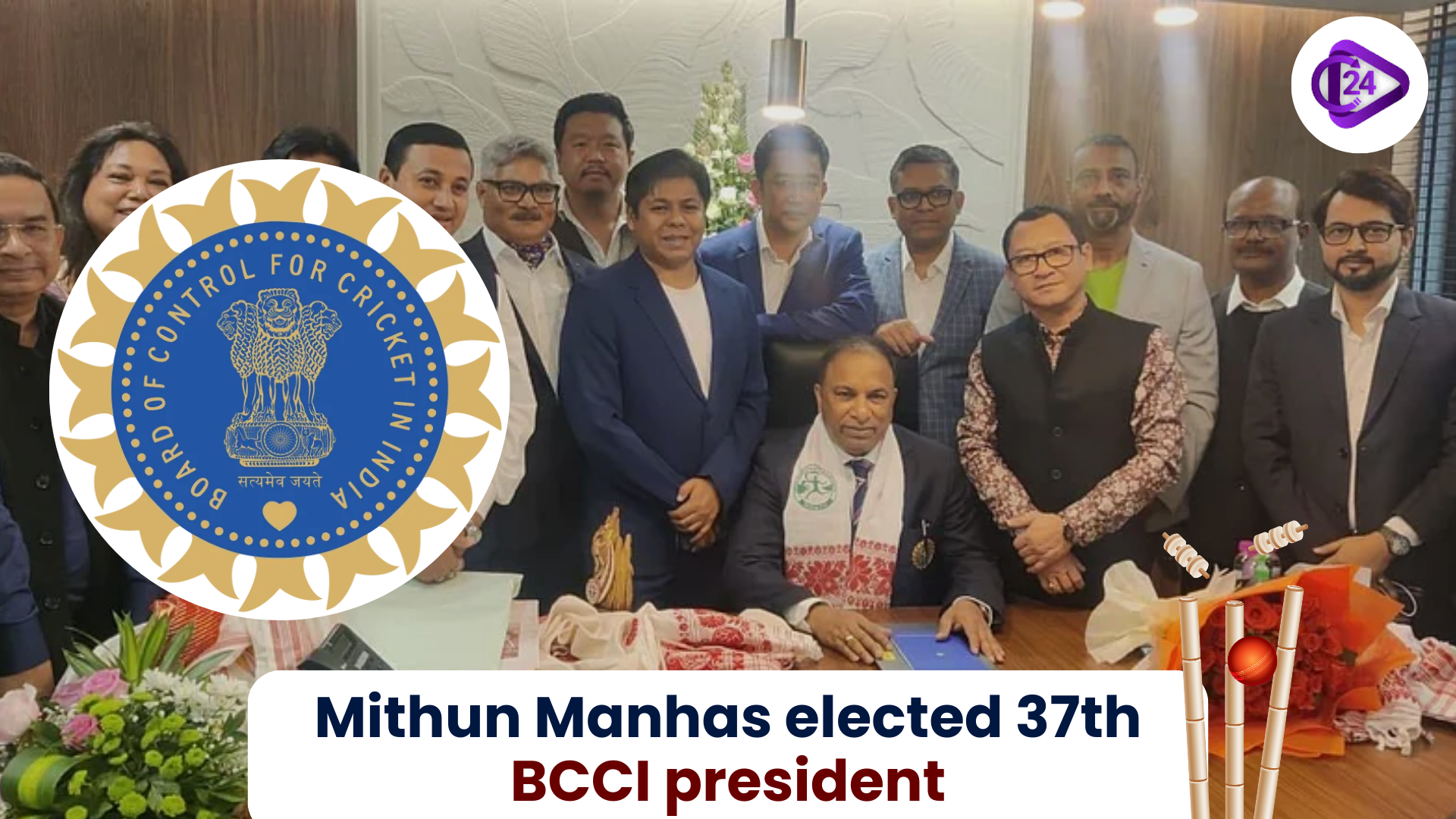 Mithun Manhas Elected 37th BCCI President
Mithun Manhas Elected 37th BCCI President






